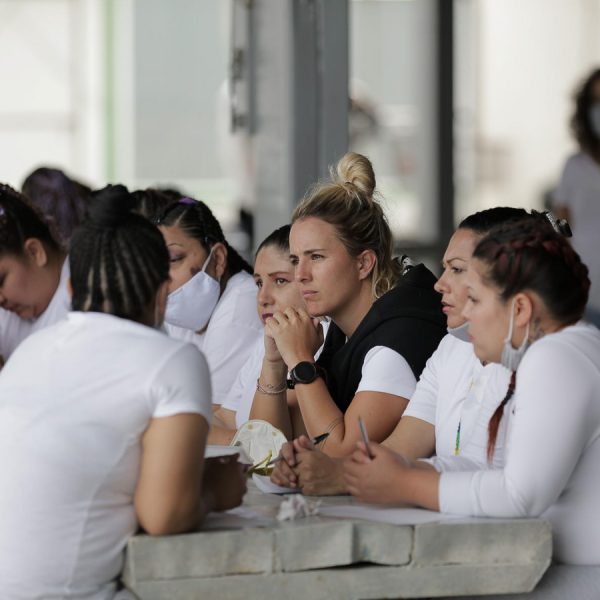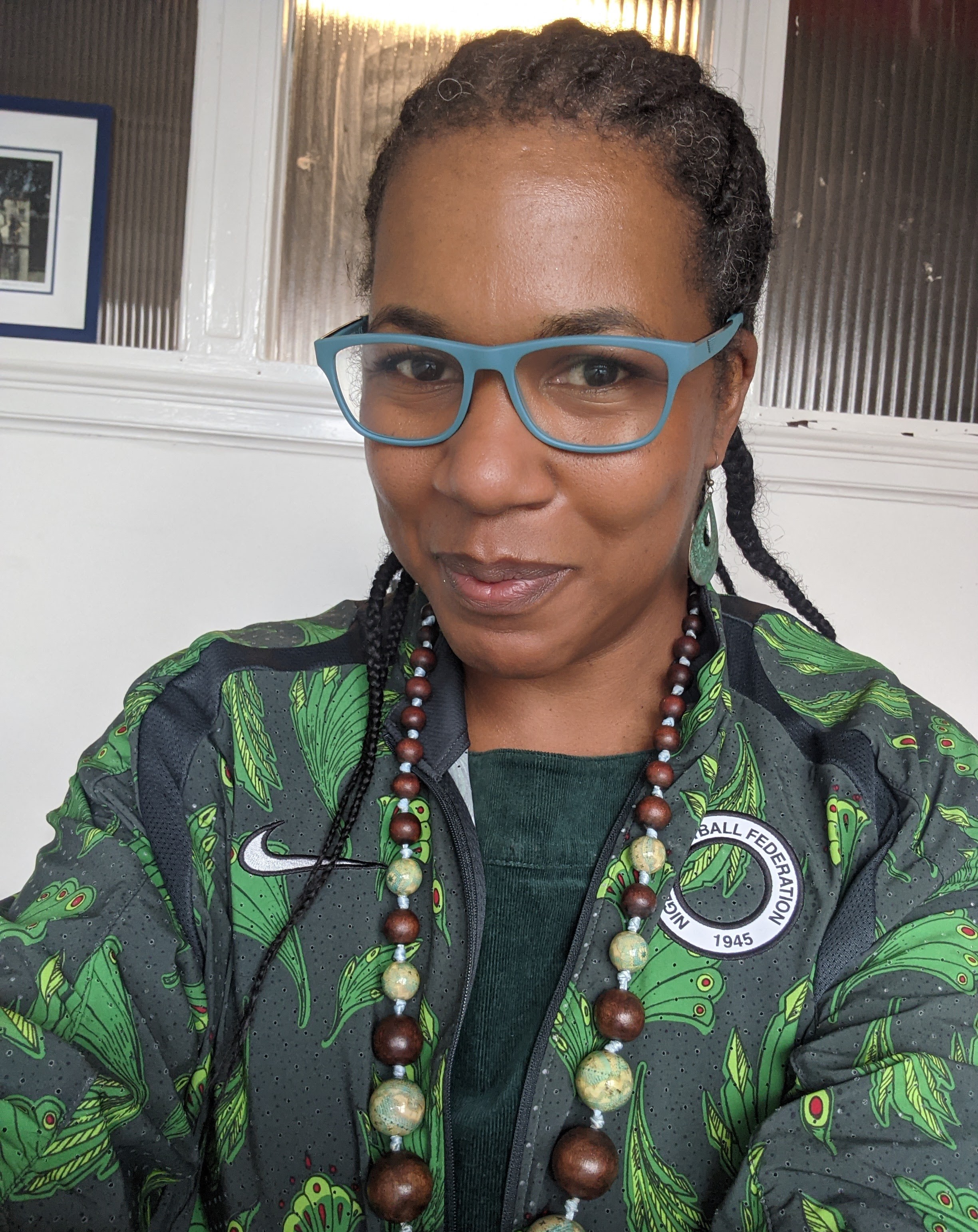Saskia mentioned, “Prisons in Mexico function as one more place for crime, there are crimes that are planned and operated from inside a prison. Additionally, around 80% of the prisoners in Mexico are controlled by organized crime.” However, it is not just adults that are affected by this neglected, violent prison system. Hundreds of children are actually born within these institutions and spend their formative years here. Saskia discovered that children often experience assault in prisons; one child even died in a riot.
Saskia said, “If we don’t work with children who are born and raised in prison and if we do not work with children’s parents who are in prison, we will never end the cycle of crime in Mexico.” Crime is intergenerational in Mexico: more than half of children in contact with the criminal justice system come from families with a criminal history and 90% of incarcerated people were exposed to someone in conflict with the law during childhood.
Saskia and her team at Reinstera are using the power of media and advocacy to show that children and mothers in contact with violence should be treated with empathy, not ostracization. In 2014, Saskia founded Reinserta with fellow social entrepreneur Mercedes Castañeda to stop the cycle of crime in Mexico by working with three beneficiary groups: children born in jails, their families, and juvenile offenders.
“These children are a part of [Mexico’s] future, just like our children are a part of the future,” Saskia said. To do this, Reinserta tackles this issue from both a legal and social perspective. First, Reinserta conducts much-needed research on the situations in prisons and leads massive awareness campaigns that have successfully placed children born in jails and their mothers on the public agenda. By shedding light on the plight of this population, Reinsterta has improved prison environments and changed the national law for children born and raised in jail, capping their stay at three years old instead of six.




